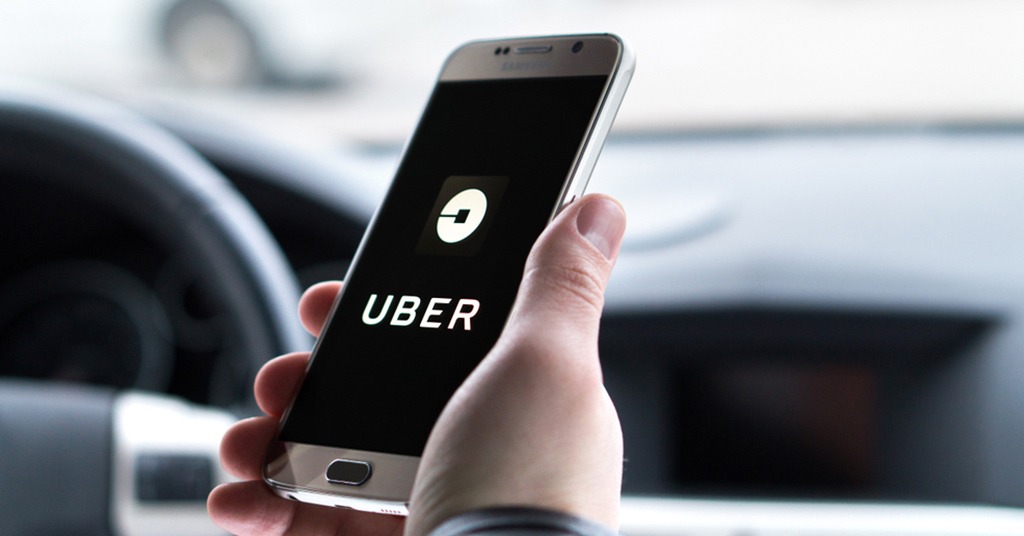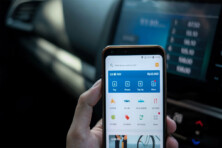Sharing economy is a peculiar economic model

The basic guide to sharing economy. Source: unsplash.com
People in the 21st century increasingly step away from consumerism and exclusive ownership. Access to objects and services is more important now than legal possession. Firstly, communities care about sustainability and ecology. The more we own, the more physical objects we need to produce. Considering the fact that the current world population is 7.7 billion, we are talking about huge amounts of energy, natural resources and levels of atmospheric pollution here.
Secondly, a number of objects are aimed at short-term use. It is a matter of common sense to borrow such things rather than buy them. Moreover, expensive objects like cars or houses often become liabilities when they are not used very often. Their maintenance needs constant financing, so renting out rarely used property is also economically wise.
Finally, the technologies of today allow sharing objects, services, or workloads quickly, safely, and efficiently. Therefore, this phenomenon is so widespread that it has reshaped the old economy ways. Sharing economy is also called a gig economy since the workers in sharing companies are freelancers or independent contractors. Is it good or bad? Specialists are still arguing, however, it is a matter of fact in societies all over the world.
Sharing economy as a concept

Sharing things is not new. Source: shutterstock.com
Sharing things is not new. Think about extended families who pass clothing and toys from older children to younger ones, friends renting an apartment together, or neighbours borrowing tools from each other for making repairs. The change that brought sharing on a global economy scale was technology, namely, digital platforms.
Virtually all forms of collaborative consumption use the Internet to connect providers with customers. Enabling technologies have made it easy for large networks of people and organisations to transact directly. Multiple components comprise digital platforms (a data-ingestion engine, a machine-learning transactional engine, an analytical engine, an AI engine, APIs, and tools monitoring regulatory compliance. These components must be aligned and integrated to create better experiences for users. All successful sharing businesses are based on a platform (e.g. Uber, Airbnb, Lending Club). Hence, the term “platform economy” is increasingly used in public discourse.
The sharing economy is a peculiar economic model defined as a peer-to-peer based activity of acquiring, providing or sharing access to goods and services facilitated by a community-based online platform, a shared marketplace, or peer-to-peer application.
The initial ideology behind the sharing economy is that it creates fairer, lower-carbon, more transparent, participatory and socially-connected business models. It is also a great way for consumers to monetise their extra time or physical assets. The word “sharing” in the economic context differs from its original selfless meaning. In terms of the sharing economy, sharing may mean renting, co-creation, trading, or bartering.

Riding with a stranger in their Uber-connected car is a normal part of the daily routine for many people. Source: shutterstock.com
The platforms that have joined the sharing economy include:
- car and vehicle rental platforms;
- accommodation platforms;
- co-working platforms;
- peer-to-peer lending platforms;
- fashion platforms;
- freelancing platforms;
- platforms for renting space and objects of daily use;
- dining and food sharing apps;
- educational platforms;
- child care and pet care services;
- health, beauty and wellness websites;
- professional and personal services (tasks or consultations);
- financial and investing platforms;
- crowdsourcing;
- tourism, delivery and logistics.
The platform-owners benefit from connecting complete strangers in a trustworthy way. While hitch-hiking on a roadside is dangerous, riding with a stranger in their Uber-connected car (when the whole trip is tracked and fixed) is a normal part of the daily routine for many people.
SEE ALSO:








